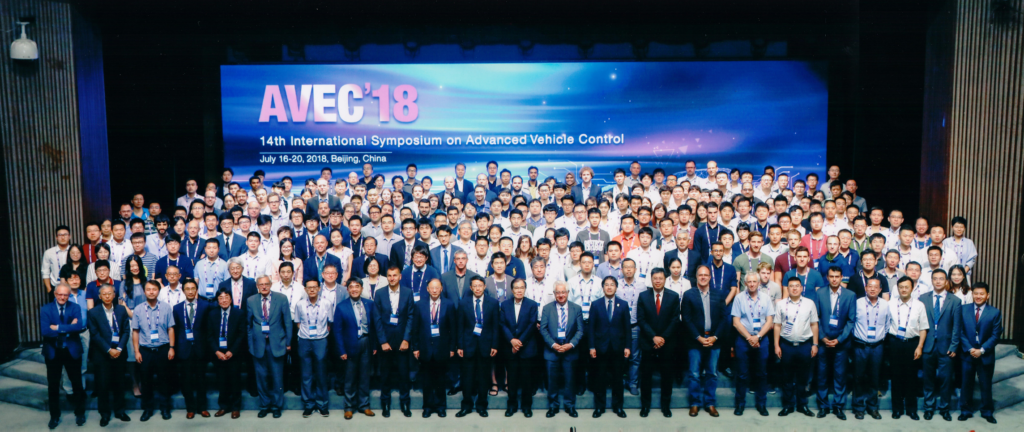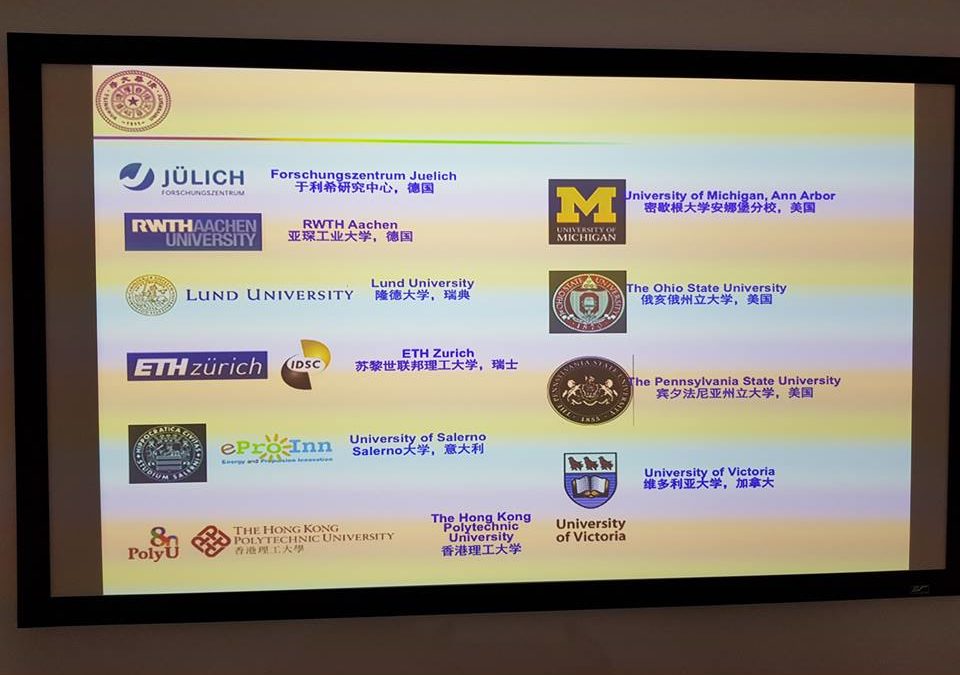The partners of LIFE-SAVE project are developing increasing technical and scientific cooperation with China on sustainable mobility issues.
The researchers of the University of Salerno have presented a study about thermal effects on photovoltaic panels for automotive applications at the AVEC Symposium, held in Beijing, China, July 16-20, 2018. A mathematical model able to estimate the effects of temperature on efficiency during vehicle motion and parking has been developed. This tool is useful both for vehicle design and for real-time control. In September, a comparative analysis in terms of LCA (Life Cycle Assessment) between different solutions for sustainable mobility will be presented at the ECOSM 2018 Conference in Changchun.

The study, performed by means of the software GREET developed at the Argonne Laboratory, shows that the conversion of conventional cars into hybrid solar vehicles is most sustainable solution in terms of energy consumption. In fact, it allows to reuse cars often still in good conditions, while their premature scrapping causes the destruction of the energy incorporated into the vehicle during its construction. Reuse, Reduction (of energy and emissions) and Recycle (of materials) represent the three R’s of sustainability.
Thanks to an intense scientific and networking activity on sustainable mobility issues, the University of Salerno and eProInn are part of the selected partners of the Department of Automotive Engineering of the Tsinghua University of Beijing, one of the top world universities.

